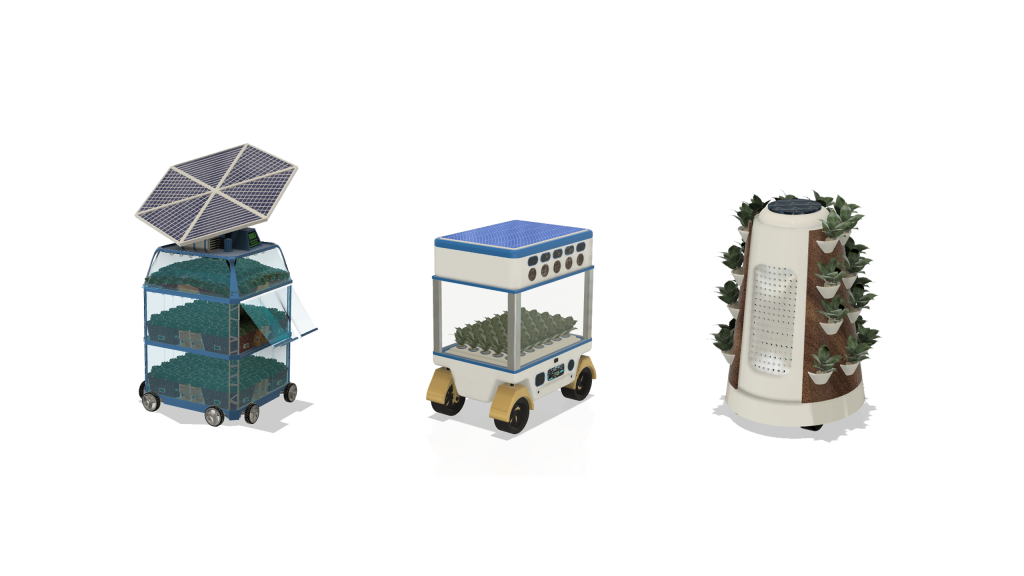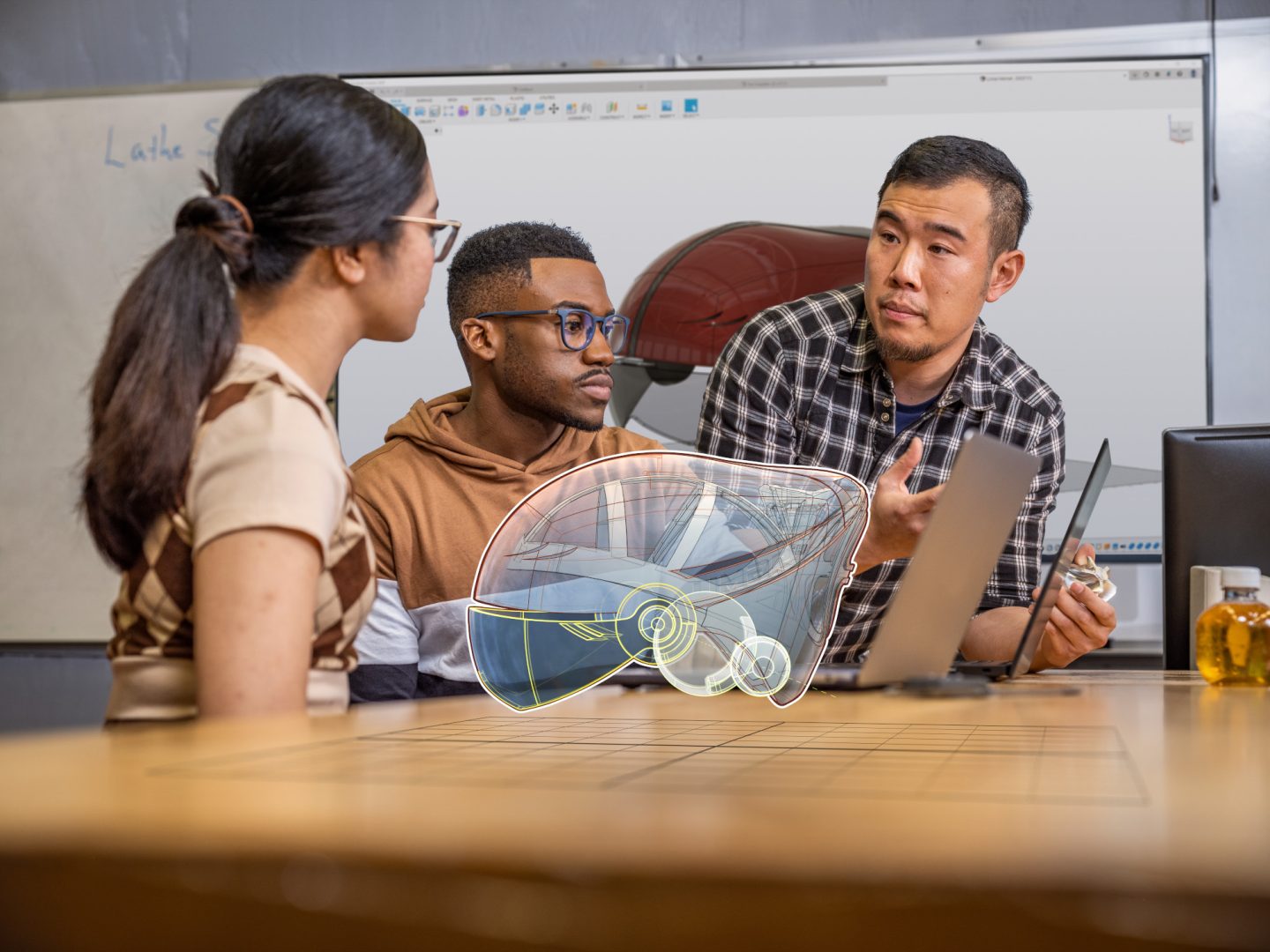In the ever-evolving industrial landscape, fostering creativity and innovation among the next generation of engineers and makers is critical. As we mark the International Day of Education, I reflect on the transformative power of education in building a sustainable future.
We recently organised an online Designathon, where teams of students worked together to tackle a real-world problem using the latest digital design tools and methodologies. By combining elements of education, technology, and creativity, the competition offered a learning environment to prepare students for the challenges of the future.
One of the things I loved about the Designathon was its ability to transcend geographical boundaries. Technology proved itself to be a great enabler. Over the course of two days, we were joined by students from 64 institutions from 24 countries. These students from diverse backgrounds came together to learn. They came together to think about a global challenge. They collaborated and they had fun.
For me, this interconnected approach epitomises the United Nations’ Sustainable Development Goal 4, which aims to ensure inclusive and equitable quality education for all.

Essential skills for the 21st century
In a world evolving at an unprecedented pace, education needs to be a cornerstone for progress and transformation. It can be a catalyst for fostering skills essential for the 21st century, such as critical thinking, collaboration, and adaptability. These skills are crucial in preparing students to navigate the complexities of an increasingly interconnected world.
It is easy to talk about the importance of such skills in the abstract. It is better when their importance is recognised – particularly by our future workforce, such as those who took part in our competition.
Azza Reguigui from Team Concept Squad, Tunisia said:
“Designathon 2023 enhanced my teamwork, communication, problem-solving, and creative thinking skills, providing valuable experience in a dynamic design setting.”
Many of the students who took part in our Designathon said they did because they want to improve their chances of securing good jobs in the design and manufacturing sectors. In a competitive job market, they recognise how participation can boost their employability.
Ömer Kağan Yılmaz, from the winning team from Gazi University in Turkey told me:
“The Designathon is definitely going to affect my future plans. I was wanting to work in 3D modelling industry after my bachelor and master degree but after Designathon 2023, adding the 1st place award to my CV going to show my passion for the CAD and teamworking abilities.”
Aligning learning to industry’s needs
Events like this also underscore the importance of collaboration between educational institutions and businesses, ensuring that curricula align with the evolving needs of the professional landscape. In my role I see the positive effects of such collaborations between education and industry. If tutors and institutions know what employers expect, their students are more likely to be prepared for success in manufacturing settings deploying the latest digital technologies.
There’s a need to invest in all levels of education, addressing inequalities and expanding access to skills and training. Some countries need a demand-driven education system which is in sync with employers’ needs, as well as building both STEM and ICT capacity. By organising the Designathon, we’re playing a part in addressing inequalities and increasing attainment levels.
We do this because we recognise that digital transformation holds the key to the future of manufacturing. Those manufacturers already adopting digital technologies are realising improvements in efficiency, performance, productivity as well as reduced energy bills.
Those students investing in their futures, willing to challenge themselves against others, will reap the rewards. They will be the ones who will stand out from the crowd when employers have roles to fill.
Tomas Karlsson is the senior manager of channel services at KnowledgePoint. This means he oversees the management of outsourced extended enterprise learning programmes, recruiting and supporting global network of training providers on behalf of organisations, including Autodesk.
Organised by KnowledgePoint, Designathon is part of Autodesk’s commitment to education. The two-day online event saw students develop vital digital skills, and compete in the global Designathon challenge. For more information about the Designathon and Autodesk’s commitment to education: https://knowledgepoint.com/autodesk/designathon-2023/
